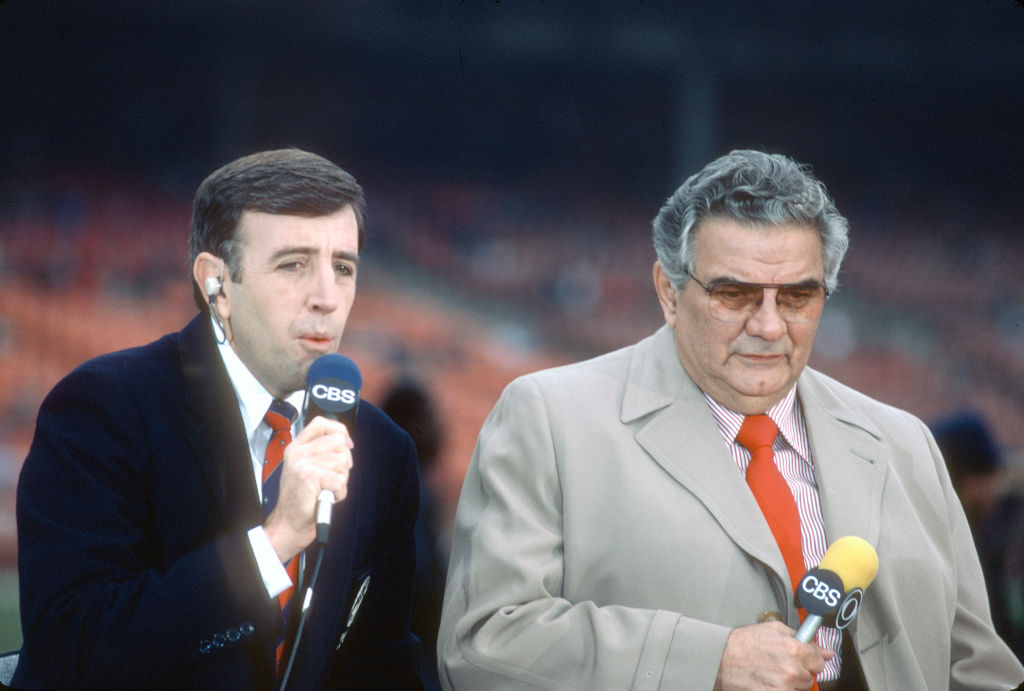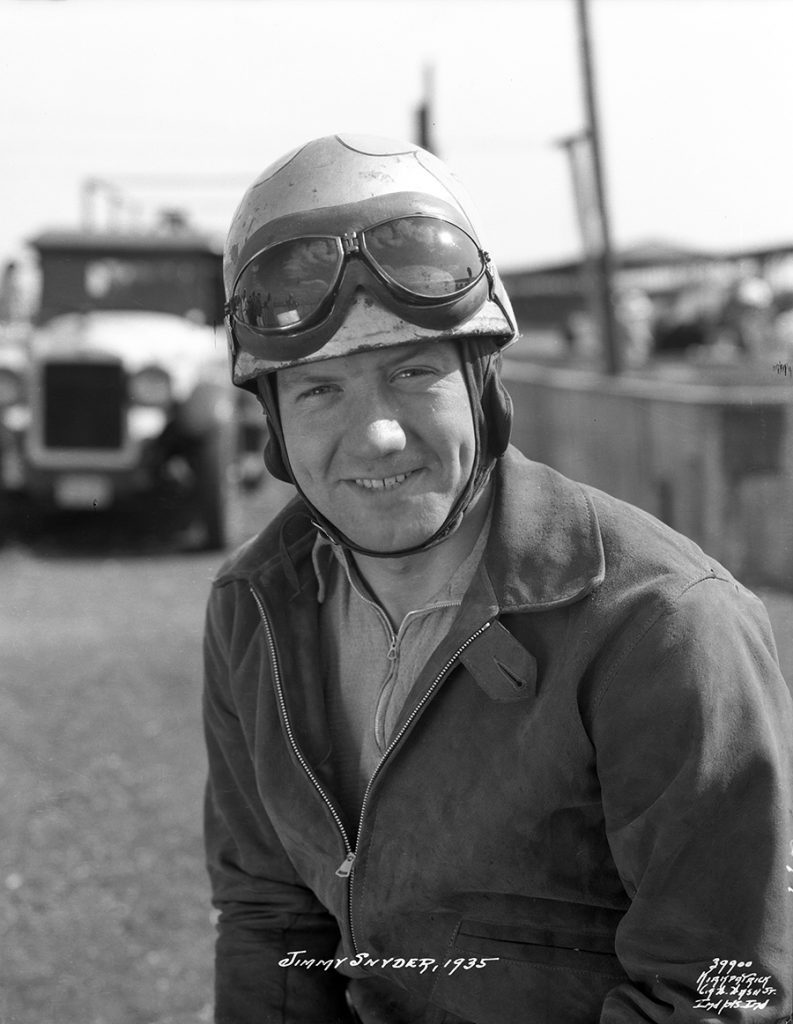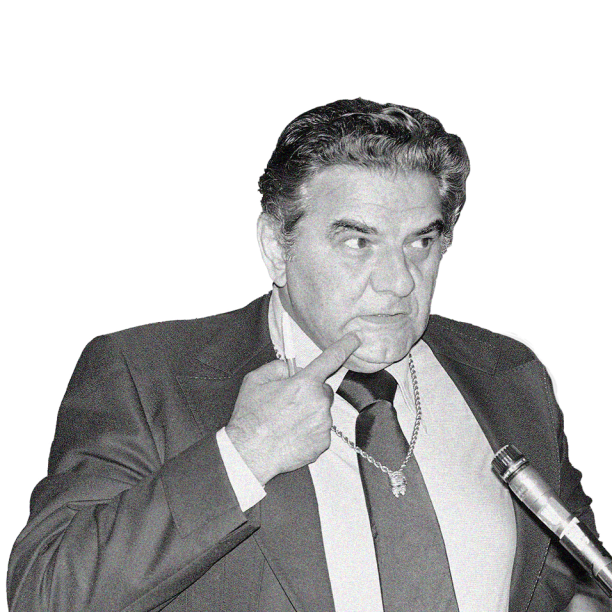Could a single sentence truly dismantle a career built on decades of expertise and notoriety? For Jimmy "The Greek" Snyder, the answer was a resounding yes, as one ill-considered comment irrevocably altered his legacy in the world of sports and beyond.
Jimmy Snyder, better known to millions as "The Greek," was a ubiquitous figure in the world of sports broadcasting. He was a regular contributor to CBS's "The NFL Today," where his predictions of game scores were meticulously followed by sports bettors across the nation. His insights, delivered with a distinctive charm and a gambler's intuition, helped shape the point spreads and fueled the betting frenzy that accompanied the burgeoning popularity of professional football. His predictions, meticulously analyzed by those in the know, were seen as gospel.
| Category | Details |
|---|---|
| Full Name | James "Jimmy the Greek" Snyder |
| Date of Birth | September 9, 1919 |
| Place of Birth | Steubenville, Ohio |
| Date of Death | April 21, 1996 |
| Place of Death | Las Vegas, Nevada |
| Professions | Sports Gambler, Handicapper, Oddsmaker, Public Relations Director, Television Personality, Sports Prognosticator |
| Known For | Being the most famous sports gambling figure of the 20th century, bringing gambling to the forefront of televised sports, making predictions on "The NFL Today" |
| Controversies | Fired by CBS in 1988 for making controversial remarks about black athletes. |
| Other Activities | Wrote books, long career in Las Vegas gambling, played one game for the Milwaukee Badgers of the National Football League (NFL) in 1925 |
| Family | Son: Anthony Snyder, Brother: Johnny, Sister: Angie |
| Reference Website | Wikipedia - Jimmy Snyder |
Snyder's rise to fame in the 1970s was meteoric. He was a natural showman, and his intimate knowledge of sports, particularly football, gave him an aura of authority that captivated viewers. He was considered an oracle by some, his predictions carrying significant weight in a world that was rapidly embracing the legal and informal worlds of sports gambling. His commentary, alongside the likes of Brent Musburger, Irv Cross, and Phyllis George on "The NFL Today," became a staple of Sunday afternoon viewing for millions.
However, Snyder's career wasn't without its shadows. His son, Anthony Snyder, faced legal troubles, being convicted of selling cocaine in 1986. And then came the event that would define the final chapter of his professional life: the fateful interview in January 1988. In a few ill-chosen words, Snyder made comments about the athletic capabilities of black athletes, remarks that were widely perceived as racist and insensitive. The fallout was swift and decisive.
CBS, under pressure from sponsors, the public, and the media, acted swiftly. Snyder was fired, his television career abruptly terminated. The man who had been a fixture on American television for years was gone, banished from the airwaves. It was a stark reminder of the power of public opinion and the consequences of crossing the line.
Beyond his television work, Snyder had a long and influential career in the world of gambling. He was a respected oddsmaker in Las Vegas, a man who understood the intricacies of the game and the psychology of the bettor. He was also a writer, documenting his expertise in books that offered insight into the art and science of sports betting. This world was as fascinating as it was controversial.
Snyder's early life was marked by a certain peripatetic quality. He was born in Steubenville, Ohio, and later spent time in Chicago, where another "Jimmy Snyder" - Jimmy, "King of Speed," the greatest driver ever produced by Chicago, was also making a name for himself. This "Jimmy Snyder" was born in Chicago on March 10, 1909. These coincidences add a layer of complexity to the legacy and life of "The Greek".
Snyder's career extended beyond football. The show "The NFL Today" acknowledged his role in the first sportscasts of poker tournaments, demonstrating the breadth of his influence on the world of games and sports.
There were other echoes of other Jimmy Snyders. Jimmy Snyder, born in 1934 in New Brighton, Pennsylvania, went to work as a coal miner in Wheeling, West Virginia. At the age of seventeen, this Jimmy Snyder started his professional music career when he was invited to play on the local WWVA radio show, Wheeling Jamboree, in Wheeling, West Virginia.
In 1950, Snyder made a bet on Kentucky against Santa Clara in the Orange Bowl. "It's the men against the boys," he confidently declared. Santa Clara won, and Snyder lost a small fortune, shifting his focus to the stock market. This was a pivotal moment, which underscored the inherent risk of gambling.
Later in life, at 74, Snyder adopted a more cautious approach to gambling. He no longer appeared on national television, nor did he lay odds or place bets on football games. Instead, he had a quiet life.
The impact of Jimmy "The Greek" Snyder on the landscape of sports and entertainment is undeniable. He brought the world of gambling into the mainstream, and, for a time, he was a national icon. His story, a tale of triumph and tragedy, continues to resonate, a reminder of the complex intersection of sports, celebrity, and the ever-present lure of a gamble.
Jimmy Snyder's legacy, tarnished by controversy, remains a study in contrasts. He was a pioneer, a personality, and a man who, for a time, helped shape the way America viewed sports. The "Greek's" story is one of brilliance, fallibility, and the enduring power of a single, ill-considered phrase.


